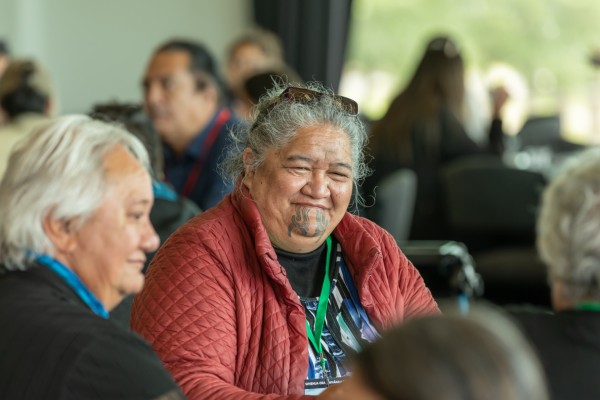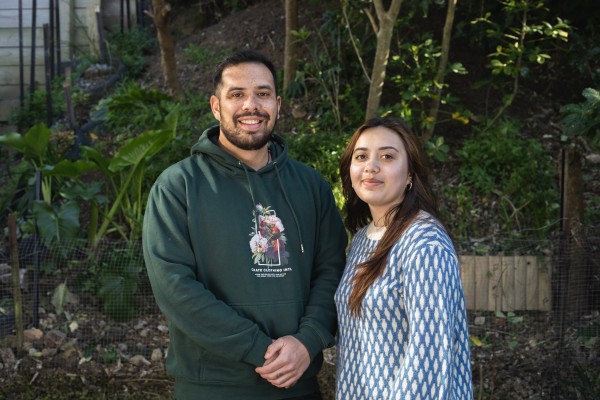We can help you to set up trusts and incorporations to manage your whenua or hold land interests on behalf of your whānau.
Māori land trusts
Māori land trusts are used to manage whenua owned by multiple people. Because Māori land can have so many owners, creating a trust can be an efficient way to make decisions about the whenua. The members of the trust or 'trustees' are appointed to make decisions that protect the whenua and benefit all landowners, also known as 'beneficiaries' of the trust.
Trusts can be 'interest based' or 'land based'. Interest based trusts hold interests (or shares in Māori land blocks, while ‘land based’ trusts may manage a Māori land block or blocks on behalf of landowners.
A Maori Reservation is a special type of trust that sets aside land (Māori or general land) for a wide variety of community purposes.
To create a trust, you'll need to apply for a trust order. Once an order is granted by the Court, the trust continues until the landowners, beneficiaries, trustees, and the Court agree to end it.
Māori incorporations
Whenua owned by several people can be administered through a Māori incorporation, which becomes the legal owner of the land and assets vested in it. The landowners become shareholders, and own shares in the incorporation rather than in an individual land block. Māori incorporations are generally used for commercial purposes, as they are structured like a company and have all the powers of a limited liability company.
Shareholders elect a 'committee of management' to make decisions about the affairs of the incorporation, and therefore the whenua. The committee members also have duties similar to those of Māori land trustees. Generally, members have a three-year term and can stand for re-election at the incorporation’s annual general meeting (AGM).
Māori incorporations are governed by the Māori Incorporations Constitution Regulations 1994 and run independently of the normal court processes that apply to trusts, but do provide annual reports to the Court.
The benefits of an incorporation include:
- the ability to establish and run commercial operations for maximum financial benefit to the shareholders
- the application of a corporate model to the management of Māori land
- autonomy from the normal Māori Land Court practices that apply to trusts, and
- voting and resolutions by shareholders are based on the number of shares held, rather than the number of votes received.
-
Te whakatū i tētahi tarati, kaporeihana whenua rānei Set up a trust or incorporation
When setting up a trust or incorporation, you need to give all owners and beneficiaries of the land the opportunity to be involved in decision-making. We recommend following five general steps.
-
Ngā taratī me ngā mema rānei o te kōmiti Trustees and committee members
Māori trustees and committee of management members are responsible for caring for and managing whenua on behalf of landowners (beneficial owners and beneficiaries). Landowners nominate trustees and elect committee of management members who are then confirmed and appointed by a judge or registrar.
-
Te arotake, te whakarerekē rānei i tō tarahiti Review or change a trust
Once a trust is established, you can apply to the Court to make changes to, review, or terminate, the trust.
-
Te arotake, te whakarerekē rānei i tō kaporeihana whenua Review or change an incorporation
Once your incorporation is up and running, you can apply to make a variety of changes.
-
Te whakahaere tāke Manage tax
Income collected by a Māori land trust or incorporation is subject to income tax laws. It's important that you ensure that any income you receive is taxed correctly.







